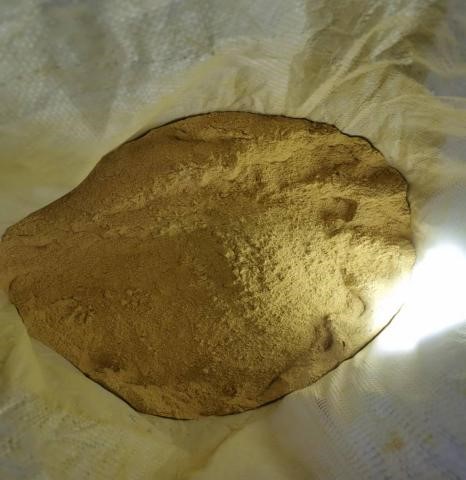



mono potassium phosphate 0-52-34
Understanding Mono Potassium Phosphate (MKP) 0-52-34 A Comprehensive Overview
Mono Potassium Phosphate (MKP), chemically represented as KH2PO4, is a widely utilized compound in both agricultural and industrial sectors. Its designation “0-52-34” refers to the product's nutrient composition, which is particularly high in phosphorus (P) and potassium (K), making it an essential component in fertilizers. In this article, we will explore the significance, applications, and benefits of MKP in various contexts, primarily focusing on agriculture.
Nutrient Composition and Importance
The numbers in “0-52-34” indicate the ratio of nitrogen (N), phosphorus (P), and potassium (K) in the compound. Specifically, the designation suggests that MKP contains 52% phosphorus pentoxide (P2O5) and 34% potassium oxide (K2O), while nitrogen is absent. This makes it an excellent choice for promoting root development, flowering, and fruiting in plants. The significant phosphorus content enhances various physiological processes in plants, including energy transfer, photosynthesis, and nutrient uptake, while potassium contributes to overall plant health and drought resistance.
Advantages of Using MKP in Agriculture
1. Solubility and Mobility MKP is highly soluble in water, allowing for easy absorption by plants. This property makes it a preferred choice for fertigation—the application of fertilizers through irrigation systems. The mobility of MKP ensures that nutrients are readily available to plants when they need them, promoting healthy growth.
2. Balanced Nutrient Supply As a fertilizer, MKP provides a balanced supply of phosphorus and potassium, which are essential for optimizing crop yields. Phosphorus is crucial during the early stages of plant development, while potassium supports overall plant health, strengthening cell walls and enhancing disease resistance.
3. Enhanced Flowering and Fruiting MKP is particularly beneficial during the critical stages of flowering and fruiting. The high phosphorus content encourages the development of flowers and fruits, which ultimately leads to increased crop yields. Farmers and horticulturists often rely on MKP to improve the quality and quantity of their produce.
mono potassium phosphate 0-52-34

4. Soil Health Improvement MKP helps in improving soil health by promoting beneficial microbial activity. Healthy microbes contribute to the breakdown of organic matter, enhancing soil fertility and structure over time. This aspect is crucial for sustainable agriculture, where soil health is paramount for long-term productivity.
5. pH Neutral MKP is generally neutral in its pH, making it suitable for a wide range of soil types. This property helps in preventing soil acidification, which can be detrimental to crop growth and yield.
Applications Beyond Agriculture
While MKP is predominantly used in agriculture, its applications extend into other fields as well. In the food industry, it is utilized as a food additive and a source of potassium and phosphorus in various formulations. The compound is also employed in the production of buffer solutions in laboratories due to its chemical properties, which make it ideal for maintaining pH levels.
Environmental Considerations
The use of MKP as a fertilizer promotes sustainable agricultural practices by minimizing nutrient runoff into water bodies. Its application can leads to efficient nutrient management, ensuring that the required nutrients are supplied directly to plants while reducing waste. However, it is crucial for farmers to follow recommended application rates to avoid over-fertilization, which can lead to environmental issues such as eutrophication.
Conclusion
Mono Potassium Phosphate 0-52-34 plays an indispensable role in modern agriculture and beyond. Its high phosphorus and potassium content make it an effective fertilizer for enhancing crop yields and quality, while its solubility ensures that nutrients are readily available for plant uptake. As the global demand for food continues to rise, the importance of efficient and effective fertilizers like MKP cannot be overstated. By understanding and utilizing this compound responsibly, farmers can contribute to sustainable agricultural practices that ensure food security while preserving environmental health. With advancements in agricultural technology, the potential for MKP to further revolutionize farming practices is immense, making it a crucial component of future agricultural strategies.
-
Why Sodium Persulfate Is Everywhere NowNewsJul.07,2025
-
Why Polyacrylamide Is in High DemandNewsJul.07,2025
-
Understanding Paint Chemicals and Their ApplicationsNewsJul.07,2025
-
Smart Use Of Mining ChemicalsNewsJul.07,2025
-
Practical Uses of Potassium MonopersulfateNewsJul.07,2025
-
Agrochemicals In Real FarmingNewsJul.07,2025
-
Sodium Chlorite Hot UsesNewsJul.01,2025










